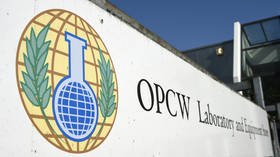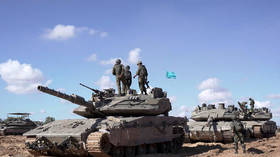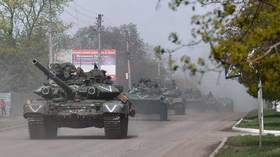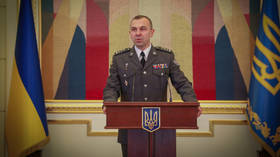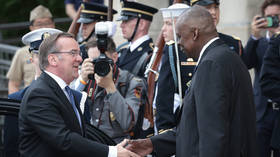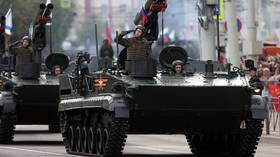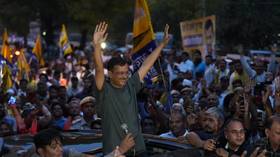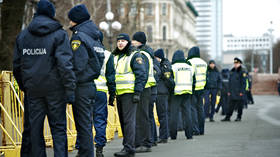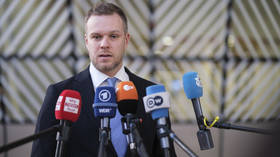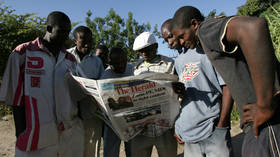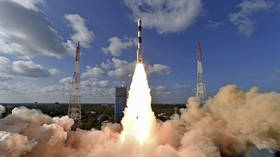‘Hidden motive’ prevents West from properly investigating Navalny case – Moscow
Western nations that have expressed “concern” over the alleged poisoning of Russian opposition figure Alexey Navalny are only really interested in undermining Russia’s International status, Moscow’s OPCW envoy told RT on Tuesday.
The “hidden motive” behind this whole case, which saw the German government and its allies accuse the country of using a potent military-grade poison in an attempt to murder the Western-backed activist, was always a “political one,” Alexander Shulgin, Russia’s envoy to the Organization for the Prohibition of Chemical Weapons (OPCW), claimed.
These states only sought to “push Russia back to the periphery of international politics” and “marginalize” its role within the international chemical weapons watchdog, Shulgin said, adding that they were by no means interested in clarifying the circumstances of this case.
My personal opinion is that whatever answers we had given to our Western colleagues…they would have accepted none.
Shulgin said that Moscow provided “extensive answers” to all the questions raised by a group of 45 “concerned” nations within the OPCW. These answers were based on the results of a large-scale investigation launched by Russian law enforcement in the wake of Navalny’s alleged poisoning.
Moscow's probe saw “230 witnesses questioned, 64 biochemical analyses carried out and numerous items collected for comparative analysis.” The Russian specialists “found no traces of organophosphorus agents” in Navalny’s samples, Shulgin said. Yet, all the answers were deemed “insufficient” by the West, he added.
Russia’s envoy to the chemical weapons watchdog also blasted all the accusations leveled against Moscow as “baseless,” adding that both the OPCW Technical Secretariat and NATO members concerned still failed to present any evidence to substantiate such claims.
It is Germany, France, and the UK that have demonstrated remarkable reluctance to cooperate with Russia in this probe since numerous requests for assistance filed by both Russia’s Prosecutor General’s Office and the embassy were simply left unanswered.
Germany, France, and Sweden as well as the OPCW itself also refused to share the formula of a chemical agent supposedly found by Western experts in Navalny’s samples with the Russian investigators, Shulgin said. They also failed to answer other questions raised by Moscow, he added.
“The central question remains unanswered: how; under which circumstances traces of a chemical agent were found in Navalny’s samples outside of the Russian territory?”
Navalny fell seriously ill in August 2020 and was flown to Germany for treatment after his life was saved in Russia. The German government and its allies later accused the Russian security services of poisoning him with a powerful chemical agent from the infamous ‘Novichok’ group. Moscow denied the allegations.
The OPCW was called in to analyze blood samples taken from Navalny and confirmed the results of the German analysis. Moscow has questioned many elements of the Western investigation and says neither Berlin nor the OPCW provided reasonable answers.
